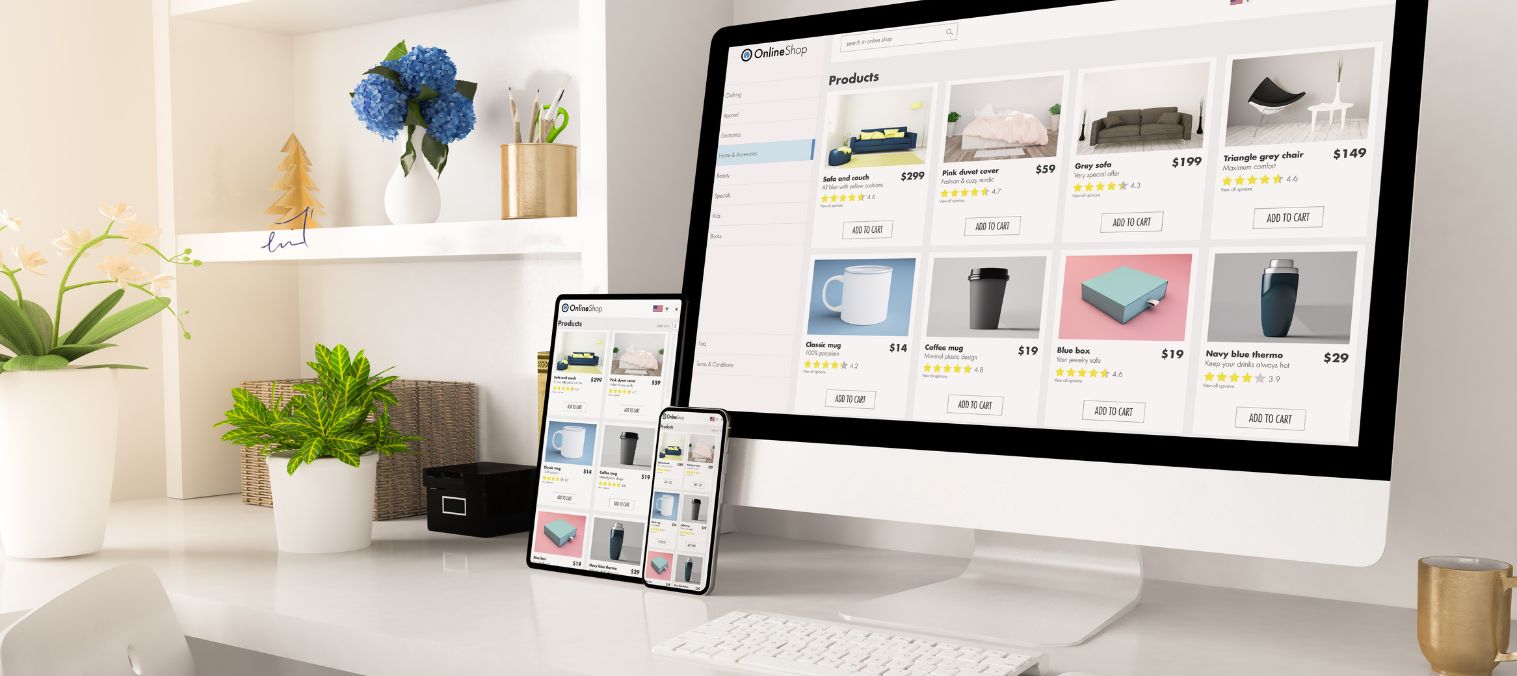We live in a time where your skills, knowledge, and creativity can be turned into income without needing a physical store or inventory. If you’ve ever bought an ebook, downloaded a template, purchased a Lightroom preset, or taken an online course, then you’ve interacted with a digital product.
These are products that exist purely in digital form. You don’t ship them, you don’t stock them in a warehouse, and they can be sold again and again without restocking. Think of them as intellectual property packaged for sale. Writers sell ebooks. Designers sell templates. Developers sell code snippets or plugins. Photographers sell presets. Teachers sell video courses or digital guides.
Let’s say you’re a fitness coach. You could spend hours coaching clients one-on-one, or you could also create a digital workout plan once and sell it a thousand times. A copywriter could sell a digital workbook filled with prompts for small business owners. A stay-at-home mom who’s mastered meal prepping could turn her meal plans into PDFs and earn from them weekly. That’s the power of digital products.
Selling digital products is attractive because the profit margins are high. You create something once, and you can sell it as many times as people want to buy it. There’s no packaging, shipping, or inventory to worry about. You earn while you sleep, literally. But you need the right platform to sell your product to the right people.
So where can you sell digital products and actually make money? Here are some of the best websites, trusted by creators all over the world — including two from Nigeria that are helping African creators sell globally:
1. Gumroad
Gumroad is one of the easiest platforms to start with. It’s simple, clean, and takes care of payments, delivery, and even sales tax. It’s perfect for beginners.
A Nigerian artist might sell digital illustrations or printable coloring books. A Ghanaian teacher could upload classroom resources or lesson plans. You just upload your product, set your price, and share your link.
2. Payhip
Payhip is beginner-friendly and lets you create a simple storefront. You can sell ebooks, templates, spreadsheets, coaching sessions, and more.
It’s also great for building email lists, offering coupons, and letting customers pay what they want.
3. Sellfy
Sellfy is a solid option if you want to sell both digital and physical products. You can also sell subscriptions.
Let’s say you’re a music producer—you can sell beats or sample packs here. A fashion designer might sell digital fashion sketches or mood boards.

4. Etsy
You might know Etsy for handmade crafts, but it’s also a marketplace for digital downloads.
Designers sell printable planners, wedding invitation templates, CVs, and business kits. It’s especially great if your product has aesthetic appeal and you want access to Etsy’s massive search traffic.
5. Teachable and Thinkific
These are your go-to platforms if your product is a course. You can organize content into lessons, add quizzes, offer certificates, and collect payments easily.
A chef could create a course on West African dishes. A marketing strategist might teach small business owners how to run ads. If you’re ready to teach, these platforms are ready to help you package it right.
6. Selar (Built in Nigeria)
Selar is one of the most powerful tools for African creators. You can sell digital products, courses, ebooks, coaching, and even tickets to online events. It supports payments in multiple currencies, including naira, cedis, and dollars.
An Abuja-based content strategist could sell a video workshop. A Lagos-based writer could sell an ebook. A music teacher in Ghana could upload digital sheet music.
Selar also integrates with email marketing and gives you a simple storefront, all optimized for African sellers.
7. Mainstack (Built in Nigeria)
Mainstack helps creators showcase and sell all their digital content from a single link. It’s like a link-in-bio tool, but with the power to sell products and collect payments too.
Photographers sell Lightroom presets. Creatives sell digital zines. Coaches sell downloadable workbooks.
It’s also designed with African creators in mind, so you don’t have to jump through hoops to get paid.
Final Thoughts
Selling digital products doesn’t require fame or a huge following — just something useful or beautiful that people want. From Lagos to London, Nairobi to New York, creators are earning a steady income from digital products.
Choose a platform that works for your needs. Start with one product. Don’t overthink it. Someone out there is searching for exactly what you’ve already created.

RELATED
Passive Income Ideas With Low Investment
How to Earn Passive Income in Dollars
Best Side Hustles for Quick Cash
